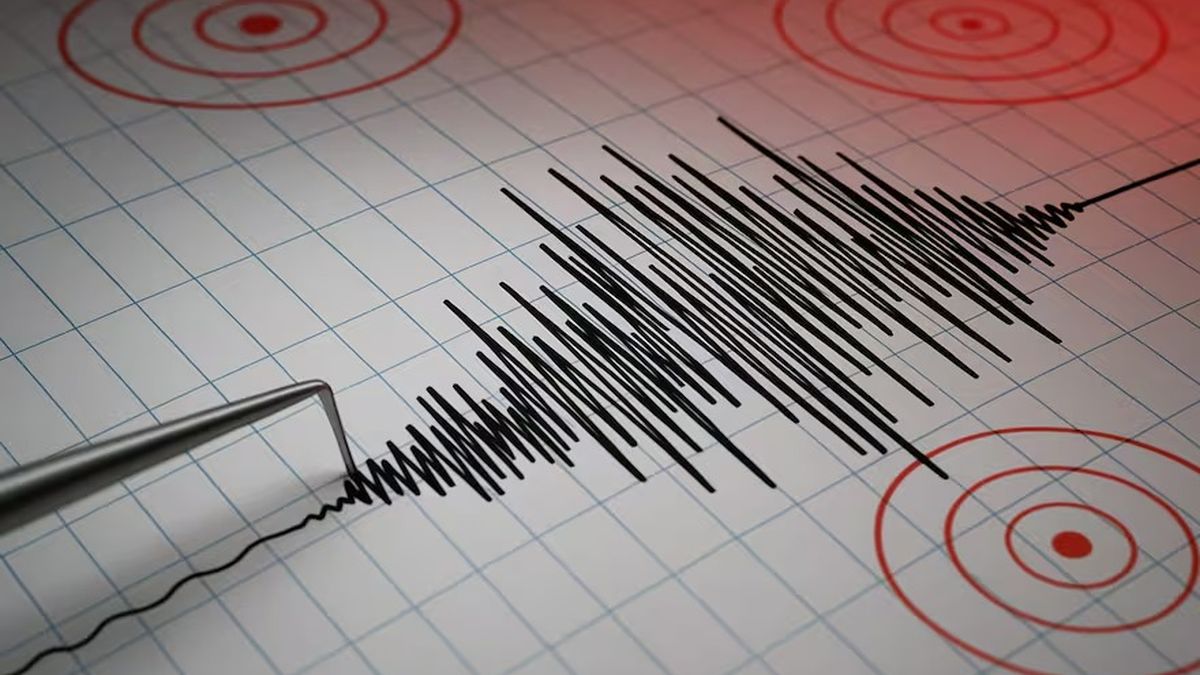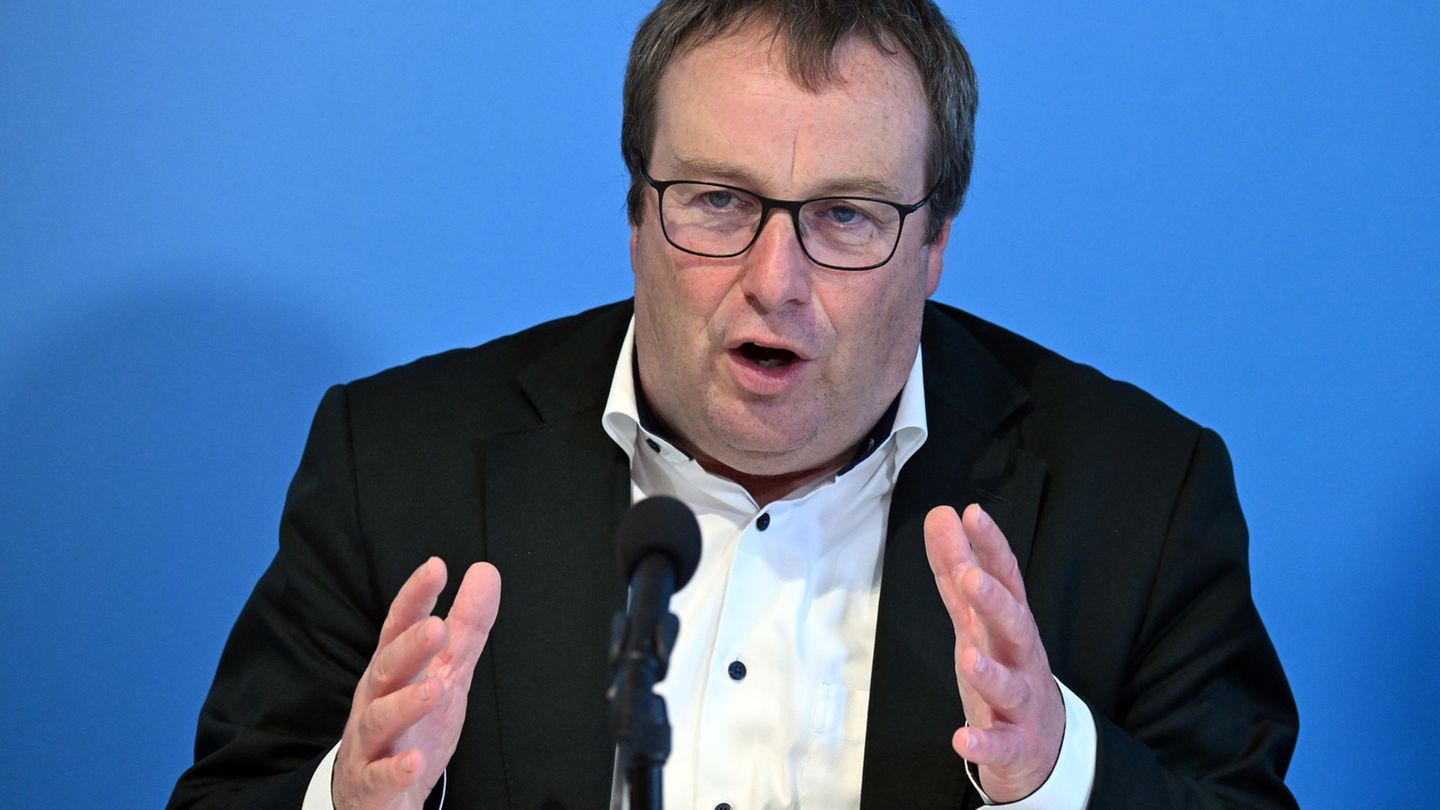When it comes to energy policy, the north and the federal government are pulling in the same direction. Federal Minister Habeck praises the expansion of renewable energies. A billion-dollar hydrogen project is underway in the country.
The federal government and Schleswig-Holstein want to push ahead with the construction of an LNG terminal in Brunsbüttel for liquefied natural gas and hydrogen as quickly as possible.
Federal Economics Minister Robert Habeck (Greens) and Prime Minister Daniel Günther (CDU) agreed on this in Kiel. The construction must be accelerated as much as possible, said Günther. Normally you need five to five and a half years for such a terminal, said Habeck. “It has to go faster.”
With a view to the often lengthy planning and approval processes for large projects, Habeck said in Brunsbüttel: “We’ve come up with a number of ways to make it faster.” The only limiting factor should be the construction capacity, and the procedures should be accelerated so that they do not hold up the project. “These are extraordinary times, so extraordinary political action must be taken.”
Replace old wind turbines with new ones
Habeck and Günther also agreed that onshore wind energy should be expanded by replacing existing old turbines with more powerful new ones. The west coast of Schleswig-Holstein is developing into a model cluster for CO2-free industry in Germany, said Habeck. Renewable energies have become a location advantage: companies are increasingly making investment decisions dependent on where they can get green energy.
Germany will gradually reduce its dependence on energy imports from Russia, said Habeck. With regard to the shipyards, he was willing to talk to them about increased cooperation. For example, the question arises as to who will build the first climate-neutral ship.
New relief measures?
With regard to the drastically increased energy prices, Habeck said that the federal government is taking a very close look and is always able to put together financial packages to relieve the situation. You have to see where the journey is going with the prices. These exploded, although the amount of energy did not become scarce. “There is enough energy, Russian gas, oil and coal are flowing, other countries are increasing the production volumes, so there is no undersupply.” Speculative profits, greed, fears and panic buying by companies played a role. The cause of the high prices is the war in Ukraine.
The federal government has already put together a relief package, but it will not be enough if prices remain so high for a long time, said Habeck. With further measures there is a strong social component to relieve those who are particularly battered.
“We’ll get through this winter”
The German energy supply sees it secured for the near future. “The supplies are there,” said Habeck. “We’re getting through this winter because we started acting politically in December.” The federal government used state funds and political talks to ensure that the gas storage facilities, which were at a low level, did not run completely empty. “The coal reserves at the power plants also last into the summer.”
When asked how he assessed the statement by Foreign Minister Annalena Baerbock (Greens) that stopping all energy imports from Russia overnight would mean “that we would no longer have electricity or heat in a few weeks,” Habeck went not directly in.
The Ministry of Economics is in close contact with the companies, said Habeck. “So we know exactly that they are in the process of signing new supply contracts, and in that respect I would say my concern decreases with every day of political work.” Of course, Germany is currently very dependent on energy from Russia. “But my concern is focused on the long-term perspective and next winter,” said Habeck. “But every day that passes makes us a little less dependent on Russian imports of oil and coal, and we are also in the process of supporting the supply contracts for gas, so that we can get more gas in via LNG.”
Source: Stern
David William is a talented author who has made a name for himself in the world of writing. He is a professional author who writes on a wide range of topics, from general interest to opinion news. David is currently working as a writer at 24 hours worlds where he brings his unique perspective and in-depth research to his articles, making them both informative and engaging.




